Translate this Will - Old English & Latin Translations
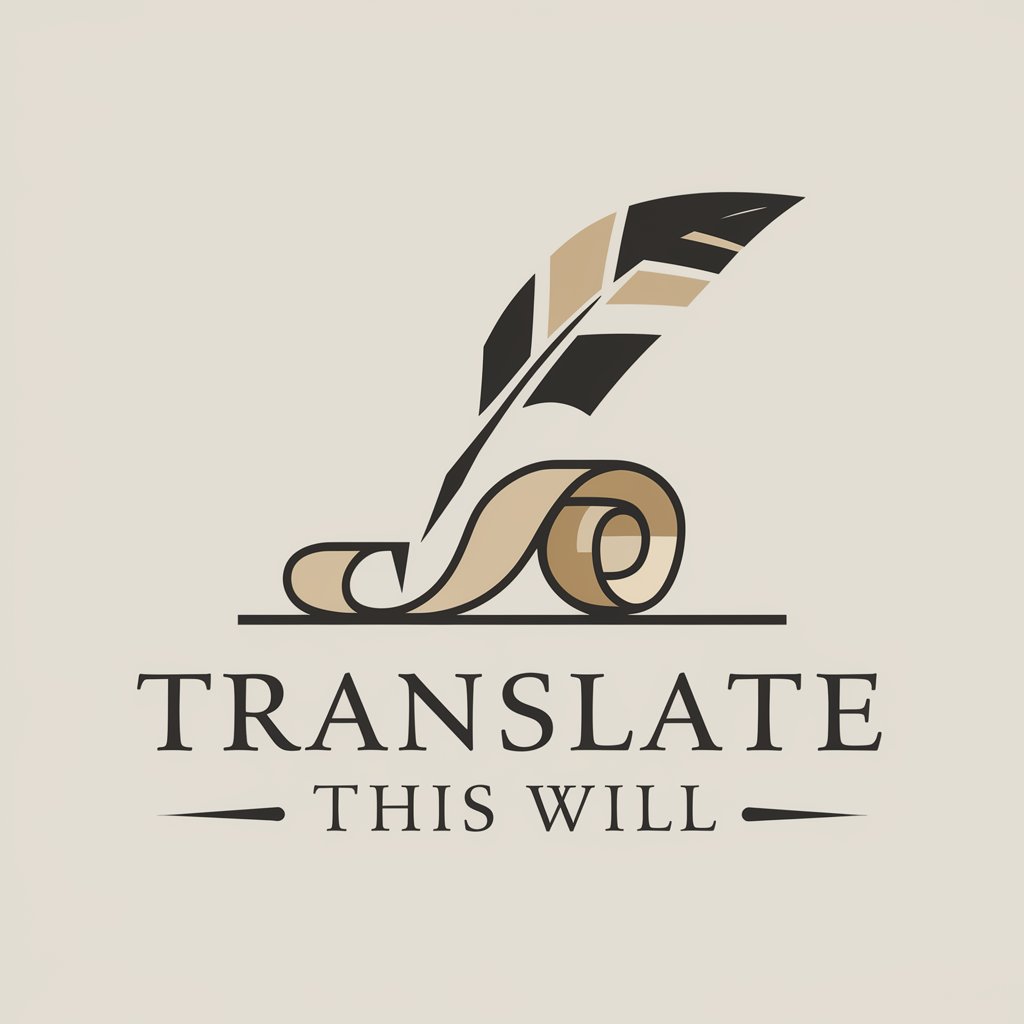
Welcome to Translate this Will. How can I assist with your translation today?
Decipher history with AI-powered translations
Translate the following Old English will into modern English:
Please convert this Latin will into contemporary English:
Interpret this historical document from Old English into present-day language:
Can you translate this ancient Latin will into modern English?
Get Embed Code
Introduction to Translate this Will
Translate this Will is a specialized GPT designed to translate old English wills written in Old English and Latin into modern English. Its primary purpose is to navigate the complexities of these ancient languages, providing accurate and clear translations for users. The service focuses on maintaining the original meanings of texts while offering brief explanations for archaic terms and phrases. Additionally, it provides insights into the historical and cultural significance of certain terms or phrases when relevant, enriching the user's understanding of the document's context. For example, in translating a will from the 15th century, it might elucidate the term 'messuage' (a dwelling house with outbuildings and land assigned to its use) or explain the historical practice of leaving specific types of bequests, such as 'to my eldest son, my best beast as a mortuary,' highlighting the medieval custom of bequeathing the most valuable livestock to the church as a death duty. Powered by ChatGPT-4o。

Main Functions of Translate this Will
Translation of Old English and Latin Documents
Example
Translating a will from the year 1420 that includes terms such as 'furlong' (a measure of length) and 'demesne' (land attached to a manor and retained for the owner's use).
Scenario
A historian researching land ownership patterns in medieval England uses Translate this Will to understand the specific details and conditions mentioned in historical wills.
Explanation of Archaic Terms and Phrases
Example
Explaining 'corody' (a provision of food and drink as part of a bequest) in the context of a will.
Scenario
Genealogists tracing family histories come across a will providing a 'corody' to a relative and use Translate this Will to understand the nature of this provision.
Insight into Historical and Cultural Significance
Example
Providing context for the bequest of a 'girdle harnessed with silver' to understand its value and significance in the period.
Scenario
A curator at a museum preparing an exhibit on personal adornments in the Middle Ages uses Translate this Will to accurately describe the items listed in wills of the era.
Ideal Users of Translate this Will Services
Historians and Researchers
Individuals conducting research on historical periods, focusing on family lineages, social customs, or legal practices of the past, would benefit from detailed translations and explanations of terminology and practices mentioned in old wills.
Genealogists
Those tracing family histories and ancestries, especially when dealing with documents from the medieval period or earlier, would find Translate this Will invaluable for understanding the specifics of familial relationships and inheritances mentioned in ancient documents.
Museum Curators and Cultural Educators
Professionals curating exhibits or teaching about historical periods can use Translate this Will to gain insights into the daily lives, customs, and values reflected in the wills, providing richer, more accurate content for their audiences.

How to Use Translate this Will
1
Start by accessing yeschat.ai for an uncomplicated trial, bypassing the need for ChatGPT Plus or account creation.
2
Prepare your Old English or Latin document. Ensure the text is clear and legible to facilitate accurate translation.
3
Input the text you wish to translate into the provided field. If your document is lengthy, consider breaking it into manageable sections.
4
Review the translated text. Translate this Will provides not just the modern English equivalent, but also explanations for archaic terms and cultural insights where relevant.
5
For optimal results, use this tool for documents from historical periods relevant to Old English and Latin, and don't hesitate to split your translations into smaller parts for better clarity.
Try other advanced and practical GPTs
LUX Energy Wizard
Empower Your Home with AI and Solar

//𝐁𝐀𝐓𝐂𝐎𝐌𝐏𝐔𝐓𝐄𝐑
Unlock insights with AI-driven analysis.

Maze Master
Crafting Paths, Unleashing Creativity
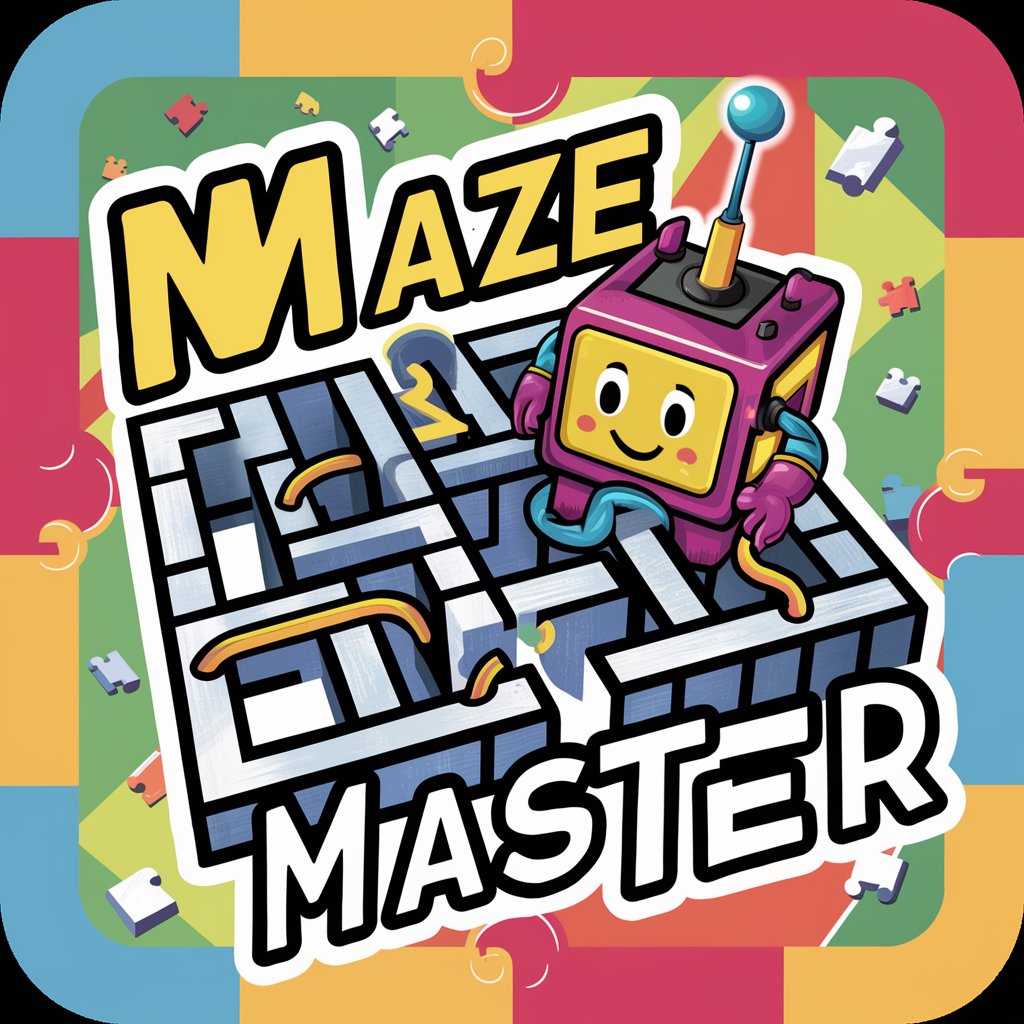
Blog & Advanced Marketing Assistant
Elevate Your Content with AI

History Project Co-Pilot
Empowering historical research with AI
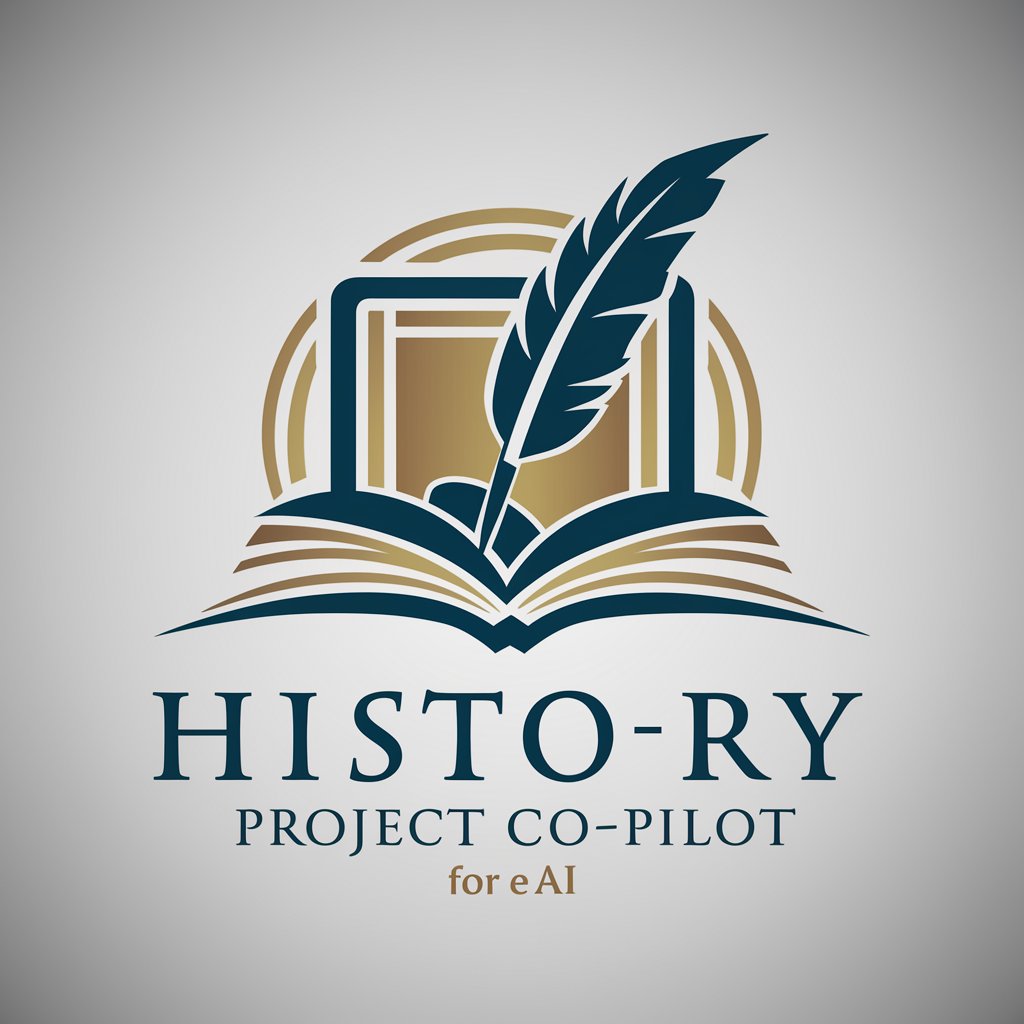
子育て応援GPT
Empowering Parents with AI-Driven Insights

Social Media Wordsmith
Elevate Your Social Media Game with AI

Insalter
Empower Your Voice with AI

German Proverb Collector
Discovering German Wisdom with AI
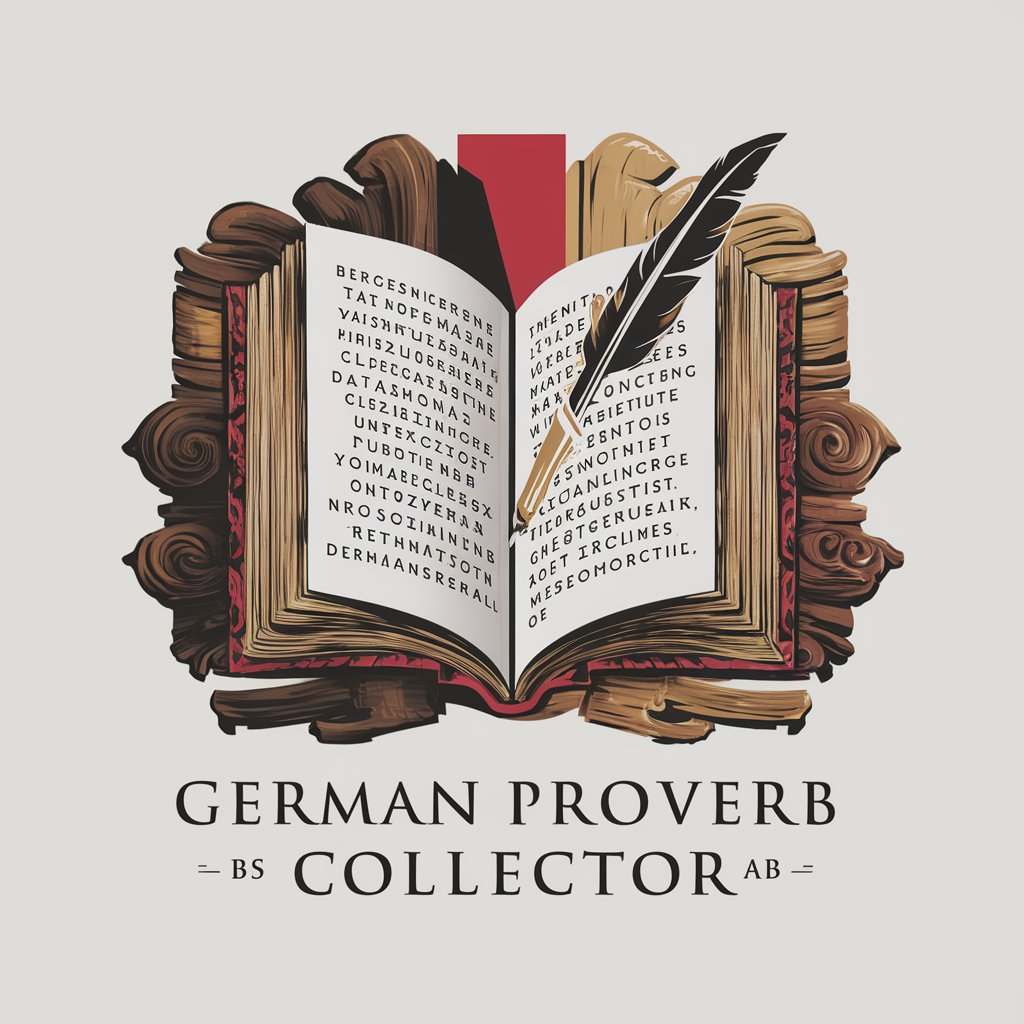
App Design Wizard
Enhancing app designs with AI-powered insights

Visualizer
Bringing Your Ideas to Life with AI

Crystal Blue Myths
Crafting Authentic 'Breaking Bad' Narratives with AI
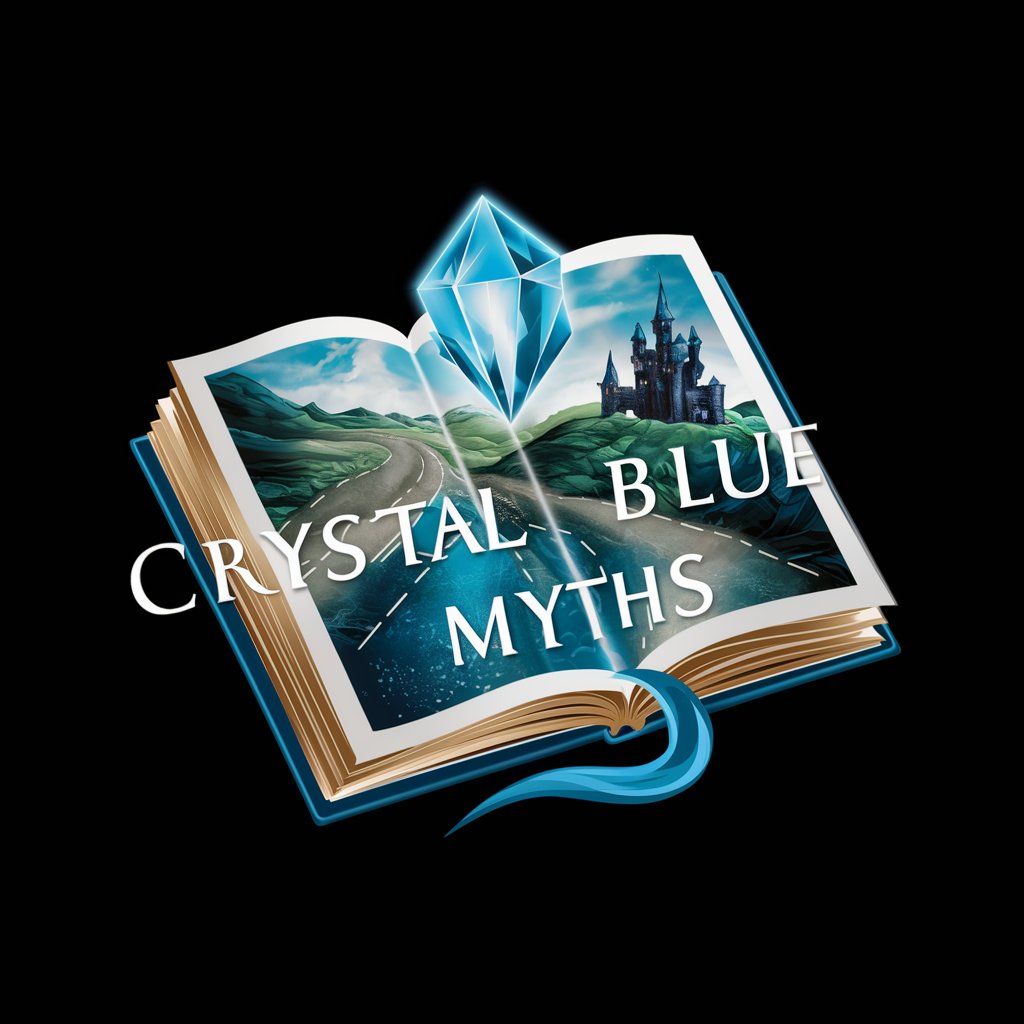
Frequently Asked Questions about Translate this Will
What types of documents can Translate this Will handle?
Translate this Will specializes in translating documents written in Old English and Latin, particularly focusing on ancient wills, legal documents, and manuscripts that date back to these historical periods.
Can Translate this Will help me understand legal terminology in ancient documents?
Yes, it can provide clear translations of legal terminology found in old documents into modern English, along with explanations for archaic terms and their historical significance.
Is Translate this Will suitable for translating modern legal documents?
No, it's designed specifically for documents written in Old English and Latin. For modern legal documents, consulting a professional translator or legal expert is recommended.
How accurate is Translate this Will?
While it aims for high accuracy by focusing on the context and historical usage of words, users should consider it a starting point for understanding ancient texts, with further research or expert consultation for critical interpretations.
Can Translate this Will provide cultural insights into the documents it translates?
Yes, when relevant, it offers insights into the historical and cultural context of terms and phrases, enhancing the user's understanding of the document's time period and societal norms.
